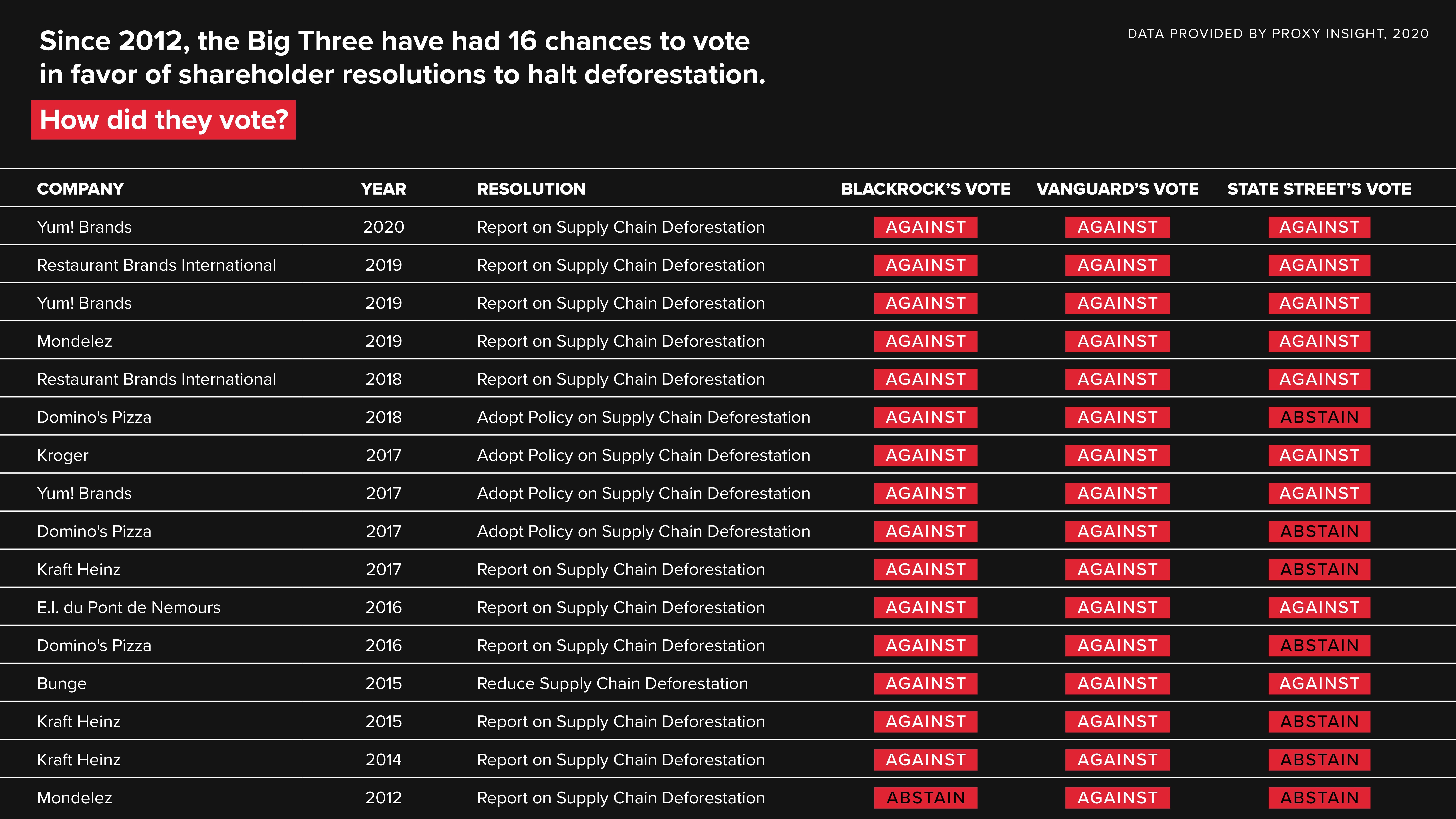International Factors in Development and Hindrance of SDG Progress in the Global South
International factors are essential to understanding the progress towards – and arguably existence of – the UN Sustainable Development Goals. The very industrialization of a majority of global south countries is a direct result of foreign investment and/or colonization. Similarly, the majority technologies used to create complex industrial societies have, at least for the past 250 years, emanated primarily from the Global North.
When speaking about the continued interaction of international factors and actors with Global South countries as they relate to achieving the Sustainable Development Goals (henceforth to be referred to as SDGs), private firms and NGOs immediately spring to mind, above all else. In the case of the Amazon Rainforest, for example, deforestation is almost entirely undertaken by corporations of various sizes, often the recipient of investment from large banks and fund managers such as Vanguard, Black Rock, and the Bank of America. Similarly, despite being aided (and sometimes hindered) by the Brazilian government, a large number of NGOs are really the only seriously proactive actors in reforestation projects. There are numerous groups, who have received a gigantic amount of funding from funds, banks, individuals, and governments. These efforts of course have roadblocks, with some opponents going as far as arson and murder to stunt the recovery of the rainforest. But it remains the case that these projects are internationally funded.

World demand for natural resources facilitating the creation of a world wide free trade paradigm is entirely the result of international factors. Diamond wars in the Congo and Sierra Leone would be unthinkable if not for international demand and proactive foreign diamond companies. Similarly, global conflict – military or otherwise – can have cascading effects not just in the Global South – though the Global South may be uniquely vulnerable in certain areas due to a lack of sufficient indigenous food production, or other dependencies – but throughout the entire world. This international integration and therefore potential vulnerability makes many contrary demands of states. It is the perennial question of guns or butter, autarky and slow growth vs integration and potentially explosive growth with potentially numerous consequences down the line.
A number of IR theorists have similarly spoken on the hierarchical nature of the world system. If such descriptions are deemed accurate, then one would likely argue that hindrances to SDG accomplishment are seriously worsened by an exploitive international system. While a full explication of World Systems Theory and Dependency Theory is not possible here, it is generally the position of said theorists that countries in the Global Periphery can and ought to break out of their dependent or otherwise exploited position by developing productive forces, diversifying their economy, and generally taking an economic approach to contrary to global market forces. Such imperatives further serve to illustrate the fundamentally international position of countries with the Global South.

One speaking from a more Liberal IR perspective would likely posit that while indeed many issues hindering the achievement of SDGs within Global South countries may have their roots (though not entirely) in globalization, the only imaginable solutions to such issues may be found in Globalization. Dealing with desertification and resource scarcity for many smaller or less developed countries is hard to imagine, considering the international dimensions of these issues.
But then again, if the Global North is considered to be self centered, would they hesitate to simply leave countries of the Global South to their own devices should they see no value in partnership? To protect natural goods that are vital to the functioning of the world ecosystem (The Amazon Rain-forest, The Ocean, The Ozone Layer, etc) is one thing, but what of countries that are not possessed of such resources? In that case, perhaps a decoupling and development of productive and independence forces is in order.